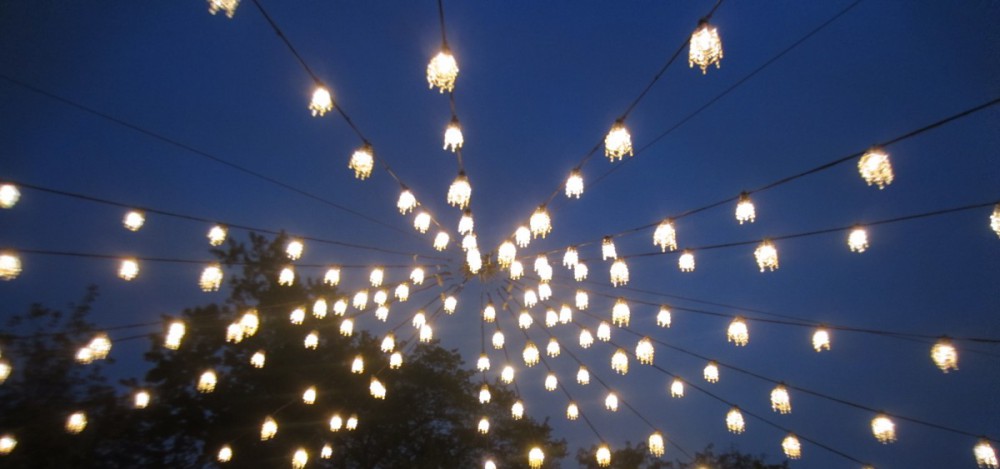Links
Adding links to your posts is really simple, and it’s also a wonderful way to share other resources with our community and to engage in dialogue with other authors/sources. To add a link into your post:
- copy the URL of the webpage you want to link to
- highlight the text in your post that you want to become hyperlinked
- click the “insert/edit link” button (looks like a paperclip above the post screen)
- paste the URL into the “URL” space
- type in the name of the link into the “Title” space (“title”)
- click “Add Link”
And you’re done. It’s that simple! And you can always edit or remove the link later on, if you need to do so.
Images
Here’s a quick tutorial about how to do add images:
1. When you decide you want to add an image to a post, click either on the button with the camera/music notes and the words “Add Media” that is on the top left of the editing box (you can also. Remember that your image will show up within the post wherever your cursor is when you click “Add Media.” So if you want to insert the image in the middle of your post, make sure to put it there.
2. If you are choosing a file from your computer, you can then browse for it (the same you would if you were uploading an attachment to an e-mail) by clicking “Upload Files” (if you add to the Media Library first, you can also select your image from there).
3. Once you find the image you want, click “Select.”
4. You can then edit the image (e.g., to rotate it) … make sure to click “save” after editing it.
5. You should re-title the image to make it easier to manage/find later on (ex: Jill Belli, Introduction Photo). If you wish, you can also add a “description” and “caption.”
5. At the bottom of the screen you can change the “alignment” and “size” of the image.
6. Don’t forget to click “Insert into Post” (NOT “Save Changes”) at the bottom. If you don’t click “Insert into Post,” the image won’t show up in your post when you publish it (it will just be added to our site’s “Media Library” … more on that later in the semester).
7. You can always click “Preview” before you click “Publish” to see what the post will like like after the images are added. Make sure, however, once you are satisfied with your post, to click “Publish” (you can also click “Save Draft” to continue to work on the post later, but no one else will be able to view the post–and I won’t be able to give you credit for it–until you hit “Publish”).
Videos
Adding a video to your post from YouTube is about as simple as it gets. Simply copy the URL of the video into your post, and click “Publish” (as with links and images, don’t forget to contextualize the video a bit, and tell us whose it is and why you’re including it in your post). It will automatically appear (and can be played) right from your post. Woohoo!
Editing / Revision your Posts
*Remember, if you don’t like something (either the post or the image), even after it is published, you can go back and change it (just click “Edit” and work away). That’s the nice thing about blogs … you can keep revising 🙂




